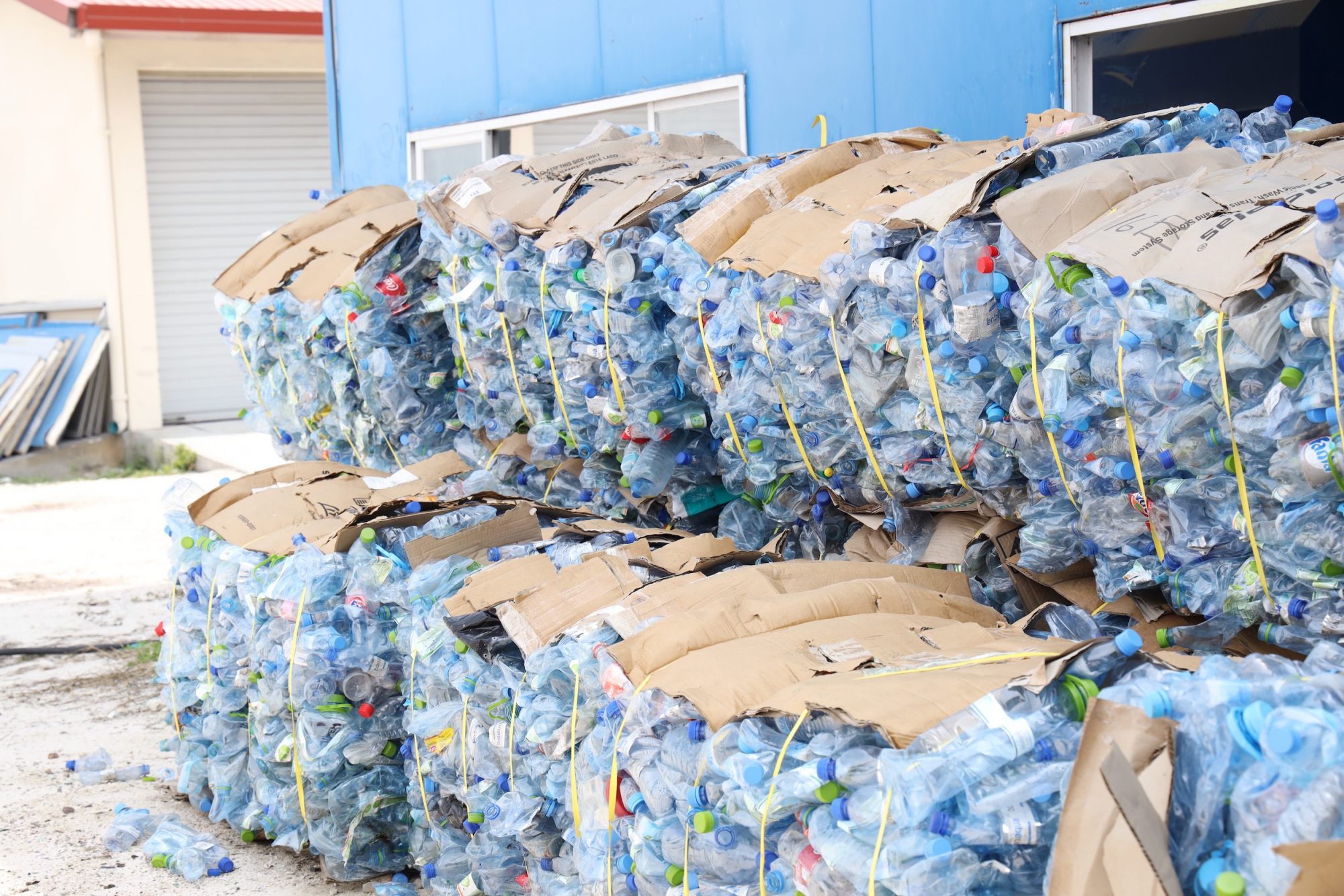A plastic-eating enzyme could tons of plastic in hours
إنزيم يقضي على أطنان من البلاستيك خلال ساعات
USA TODAY
Here’s a solution that could help with the plastic pollution problem: an enzyme that can chemically break down many bottles and packaging, sometimes within 24 hours.
Researchers at the University of Texas describe the development of a “plastic-eating enzyme” in the April 27 edition of the peer-reviewed journal Nature. They used machine learning technology to mutate the natural enzyme PETase into one that could quickly break down plastics made with the polymer polyethylene terephthalate, also called PET.
The enzyme uses a “circular process” to break down the plastic into smaller parts and then chemically transforms it into a smaller, reusable plastic, researchers said in a university news release describing the findings. The process can sometimes be as fast as 24 hours – and is a much more environmentally friendly option than a putting the plastics into a landfill or burning them.
“The possibilities are endless across industries to leverage this leading-edge recycling process,” one of the study co-authors Hal Alper, a chemical engineering professor at the University of Texas, said in the release.
“Beyond the obvious waste management industry, this also provides corporations from every sector the opportunity to take a lead in recycling their products,” he said. “Through these more sustainable enzyme approaches, we can begin to envision a true circular plastics economy.”
The enzyme won’t work on every kind of plastic, but it can break down PET, which is found in consumer packaging making up about 12% of all global waste, the researchers say.
وكالات
تكساس: أعلن باحثون من جامعة تكساس في أوستن أنهم استخدموا الذكاء الاصطناعي في ابتكار نوع مطور من الإنزيمات، يمكن أن تقضي على أطنان من البلاستيك في غضون ساعات فقط.
وبحسب الدراسة المنشورة في دورية «نيتشر» أطلق الباحثون على الإنزيم اسم «فاست بي إي تيز»، وتم إنشاؤه خصيصًا للتقليل من الوقت الذي يتم استغراقه في تفكيك وتحطيم مكونات البلاستيك التي تخنق البيئة، وتستغرق عادة قرونًا كي تتحلل.
ويأمل الباحثون أن يساعد ذلك الابتكار في حل واحدة من أكثر المشاكل البيئية إلحاحًا في العالم، وهي مشكلة مليارات الأطنان من النفايات البلاستيكية المتراكمة في مقالب القمامة، والتي تسبب تلوث الأرض والمياه والأنظمة البيئية على كوكب الأرض.
وحول مزايا استخدام الإنزيم المطور، يقول البروفسور هال ألبر، أستاذ الهندسة الكيميائية في جامعة أوستن «هناك إمكانيات غير محدودة لاستخدامات هذا الإنزيم، وهناك أيضًا احتمالات لا حصر لها للاستفادة من عملية إعادة التدوير الرائدة هذه، وفي مختلف المجالات الصناعية، بخلاف إدارة النفايات المتبعة سابقًا، في التخلص من نفايات البلاستيك».
ويضيف «يوفر هذا الابتكار فرصًا أفضل للقطاعات الصناعية لأخذ زمام المبادرة في إعادة تدوير منتجاتها، من خلال هذه الأساليب الإنزيمية الأكثر استدامة، والتي يمكننا بواسطتها البدء في تحقيق اقتصاد بلاستيكي دائري حقيقي».




